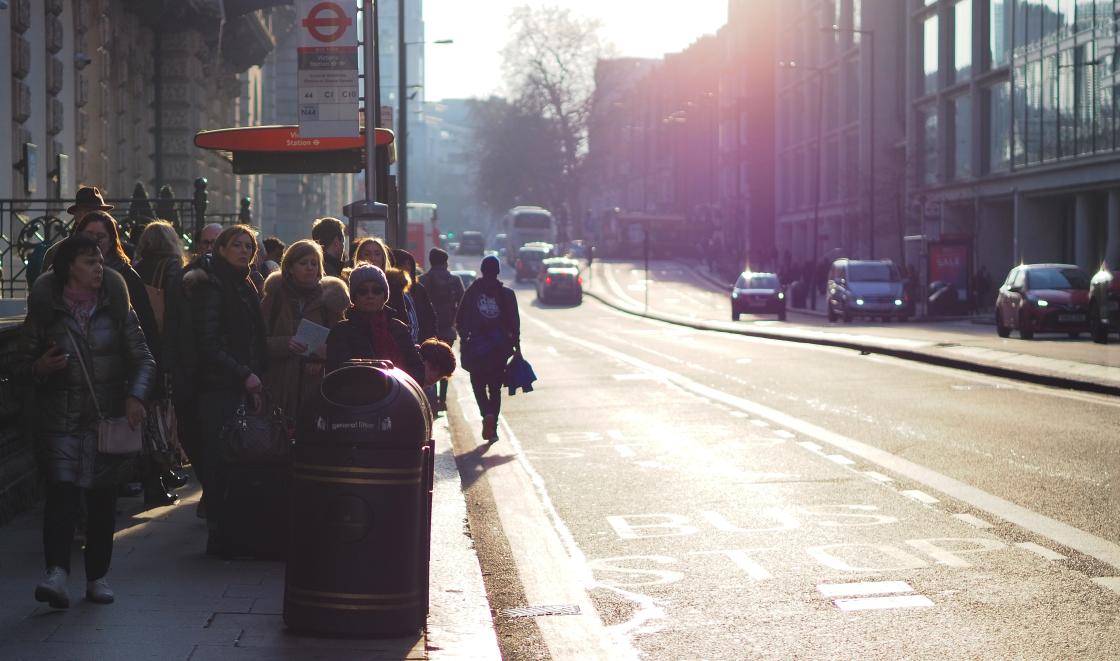The priority is responding to the Covid-19 pandemic. Some researchers are working directly on this or, if health professionals, treating patients in hospitals, clinics and the community. Other staff and patients and public members are volunteering or supporting families, friends and neighbours. This is not to say that other health issues no longer matter – far from it. But the situation makes some research risky or the findings hard to apply at a later date (when tasks such as taking a stroll or buying vegetables will be less tricky).
This situation is a reminder of the value – to prevent or relieve suffering – of finding out more and using what is known, while being ready to rethink. Sometimes the research world is so influenced by pressures such as getting articles published in certain journals that it is possible to lose track of what really matters. Yet it can be tempting now to rush into action in ways that are not really helpful, perhaps in part because this may restore a sense of order in a complex and sometimes unpredictable world. Sometimes much can be gained by taking time to reflect, while also tackling urgent needs.
Against the current sombre background, the Patient Experience Library has suggested moving beyond ‘customer satisfaction’ to deeper approaches to experience. It may be time to look again at the contexts which shape health locally and how people’s concerns and insights might deepen knowledge.
To begin with, it is clear that health and wellbeing heavily depend on webs of actions and relationships which can easily go wrong, in which farmworkers, delivery drivers, nursery staff and toilet roll packers as well as NHS and care staff play a part. And different circumstances can mean that actions that were good for health become unhelpful or impossible.
Pandemic-specific responses from many key workers and volunteers have been impressive (despite some people’s less considerate behaviour). But it is also apparent how much people ordinarily do to look after themselves and one another, now this has been interrupted. From mutual care among mental health service users and trying to feed one’s family as a casual worker to running foodbanks, a lot of work goes into enabling people to survive and sometimes thrive. But researchers may overlook this unless it is part of a scheme run by professionals.
Involving diverse service users, carers and communities in policy and research can help to shed light on how proposed actions to improve health might fit into people’s lives as a whole, amidst competing demands.
At this time, many people are suddenly aware of being vulnerable, in ways that others who are seriously ill, frail or living under threat may be anyway. The semi-lockdown may offer a brief taste of life for people isolated by stigma, discrimination or inadequate social care. But not everyone is treated equally– and stark inequalities in south London and beyond may be a matter of life or death.
For instance, keeping a safe distance may be impossible in a cramped hostel with shared bathrooms and kitchens and the risk of destitution affects some but not all. Many have seen heartbreaking pictures of workers overseas tramping hundreds of miles carrying children, after lockdown: not genuinely listening to the marginalised can have drastic consequences. It is also tragic when communities devastated by war or climate change are further hit by Covid-19.
Here in Britain, the treatment of migrants during the pandemic has been questioned and the importance emphasised of involving patients, including older and disabled people (whose lives tend to be undervalued by society), in policy responses
It is impossible to be completely ready for events such as those happening at present. But searching questions have been asked about whether years of austerity left the NHS and social care even less prepared and evidence was overlooked about the possible impact of a virus outbreak, since it did not fit mainstream thinking. Sometimes it is assumed that senior professionals and decision-makers are able to weigh up facts in an objective way, while patients’ and carers’ views may be skewed. Actually it is hard for anyone to avoid unconscious bias. Taking on board a range of perspectives, including those of service users and the public, may be vital in safeguarding health for all.
Indeed in the present situation, insights from those who often go unheard may be helpful to others. For instance, from studying faith communities’ response to traumatic events, it has been suggested that this pandemic ‘is a trauma to communities, the nation, the world’. Refugees, survivors of domestic abuse, hate crime and other forms of violence and trauma – some of whom are also researchers – may have valuable knowledge and suggestions.
Research which actively involves diverse patients and members of the public can drill beneath the surface, asking uncomfortable but necessary questions. And it can help to make sure that voices that have gone largely unheard and experiences which have been ignored are harder to overlook.
When the worst is over, hopefully humankind will remember how deeply people are connected to one another, other species and the earth and the need to value everyone. Despite hardship and loss, researchers, service users, carers and communities can together play an important part in rebuilding and improving health and social care in an altered landscape.
